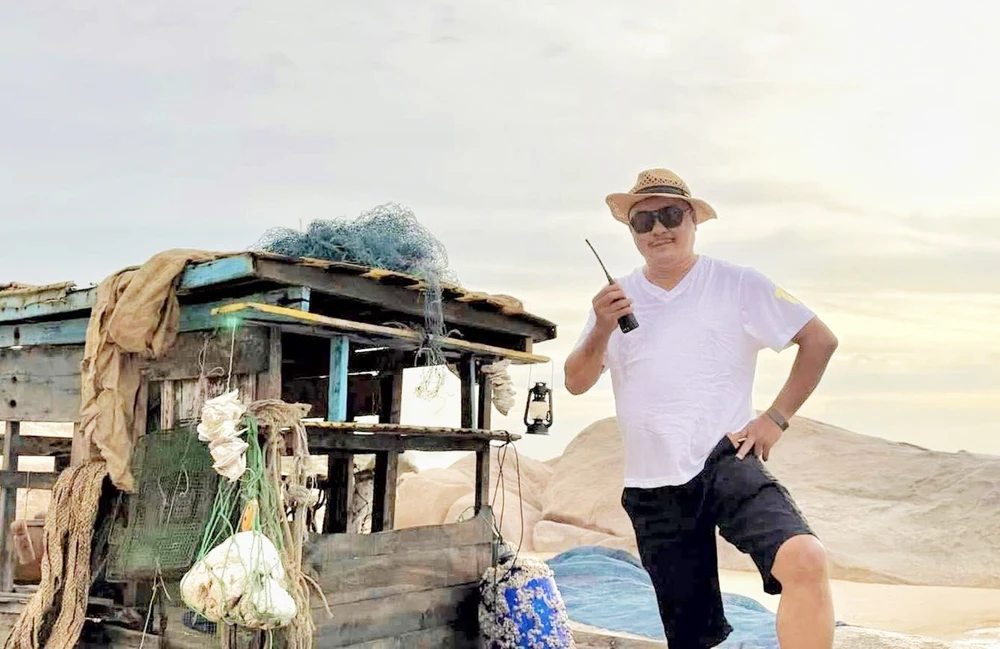
Let the film touch life
REPORTER: You continue to explore the theme of difficult lives in Mother Sea. How is this film different from your previous works?
Director NGUYEN PHUONG DIEN: Although I have experience in script development and scene setting, when looking back on the journey of making Mother Sea , I find myself much braver than before. To recreate the realistic scenery of the fishing village, I completely rebuilt the houses in the film. Another challenge was the scenes of fishermen fighting the storm at sea, the application of appropriate editing techniques was also something that made me worry. However, I realized that I had done things that many people thought TV series could not do.
During the process of filming the storm scene in the middle of the sea - one of the most impressive scenes in Mother Sea, what difficulties did you encounter?
It was the most impressive scene but also the most difficult. The first difficulty was that the crew did not have enough conditions. Instead of using a large studio, a pulley system to lift the ship and combine it with a lifting table for the actors to perform the falling scenes due to the ship's swaying, we did it in the most manual way: taking the ship out to sea! In the middle of the ocean, we attached dozens of filming equipment around the ship, then continuously poured 7 cubic meters of water into the ship. It took a whole 16 hours to film this scene and the most difficult thing was that because it was filmed at sea, we had to choose a calm day to film to ensure safety. However, filming a storm scene on a calm sea created new difficulties. Every tilt, fall, and walk of the actors had to be calculated to be reasonable, realistic and not duplicated, giving the audience the feeling that the ship was swaying in a real storm.
What is the heartfelt message you want to convey through Mother Sea ?
The more terrible the storm, the more severe the consequences. In the context of the film, the fishing village has gone through many generations, hundreds of years of favorable weather. They kept thinking how could there be a storm here. That subjective mindset is one of the reasons leading to the tragedy. When they saw the storm coming, they wanted to go out to sea even more in the hope of a good shrimp and fish season, because rough seas would bring more fish. I wanted to portray the scenes as realistically as possible to both show understanding for the difficulties in the lives of fishermen and to somewhat warn about the unpredictable dangers of nature.
Don't use your job as a tool.
Recreating life realistically while creating your own style, do you think those are the biggest challenges of television dramas?
Speaking of uniqueness, it is easy to see that TV dramas are currently showing signs of saturation in terms of themes. Many films revolve around familiar issues; a large number of films are adapted from foreign scripts, no longer carrying Vietnamese qualities. Therefore, I always try to find unique qualities for my films, not letting them follow a rut. The biggest pressure in making TV dramas is not the business factor but how to keep the audience until the end.
How do you build your own audience?
For me, directing is a creative profession. Therefore, I always hope to do something of my own, about Vietnam, like what I did in Mother Straw, Father Roi and now Mother Sea. I gradually realized that I can also do something of my own. The culture and lifestyle of the Vietnamese people have no shortage of potential to develop into good scripts. The peaceful lives, the simple people, the majestic natural scenery..., all are very attractive if exploited in television dramas. I also boldly say that Vietnamese scripts are not inferior to adapted scripts, as long as they are done properly.
So, in your opinion, what are the factors that make a good director?
I believe that my name is always associated with my work, so I put all my heart into it and do not allow myself to be careless. Whenever difficulties arise, I think of my name first and force myself to overcome them, because that is my honor, my artistic self. When choosing a script, I understand the audience and prioritize humanistic elements, depth and closeness to the audience, instead of focusing on dramatic details. I want the story I tell to be profound and help the audience see their own lives in it. Therefore, I often remind myself and advise my students to always be devoted to their profession, do not be petty about profits and losses. The important thing is the reason you come to the work and what you put into the work.
Do you define your success by the emotions you leave in the hearts of your audience?
What gives me the biggest headache is how to make the film reach young people while still maintaining the core values. I always ask myself questions and try to find the answer. It is not just about creating a trend and following the trend. What is really important to me is how to retain the audience, so that the humanistic value of the work is retained in the hearts of the viewers, not just a few humorous segments. I will always try to harmonize these two seemingly contradictory elements. I believe that perseverance with the profession and genuine emotions will reach audiences of all ages.
Source: https://www.sggp.org.vn/dao-dien-nguyen-phuong-dien-tim-chat-rieng-tu-nhung-rung-dong-chung-post794691.html




![[Photo] Prime Minister Pham Minh Chinh chairs conference on anti-smuggling, trade fraud, and counterfeit goods](https://vphoto.vietnam.vn/thumb/1200x675/vietnam/resource/IMAGE/2025/5/14/6cd67667e99e4248b7d4f587fd21e37c)




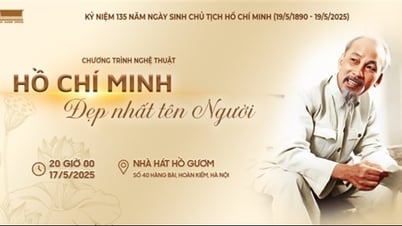
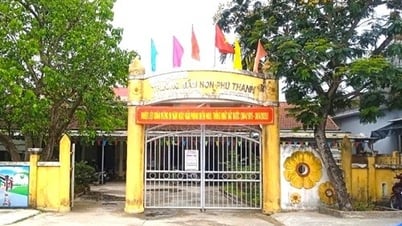

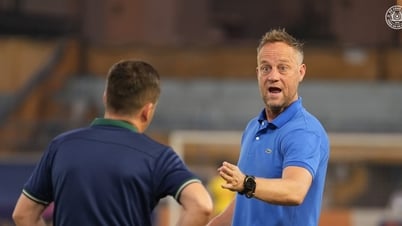
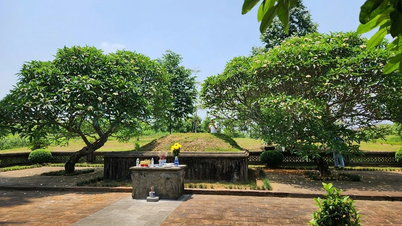




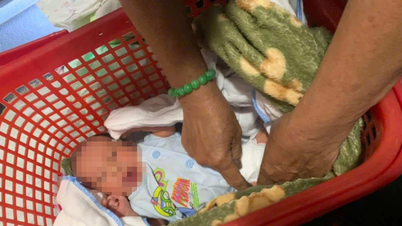
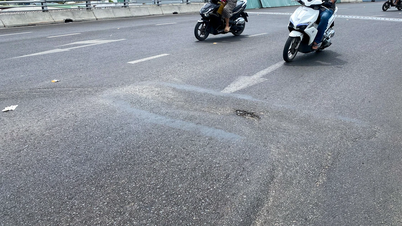









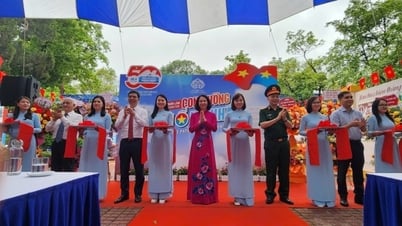

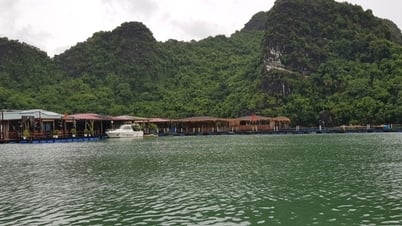










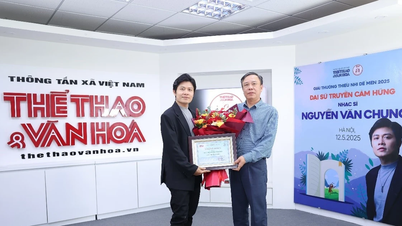

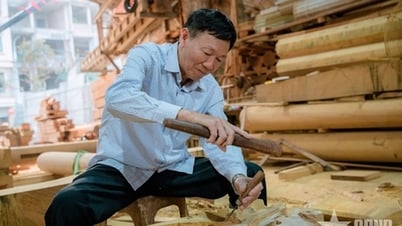

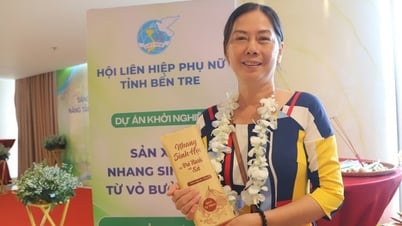














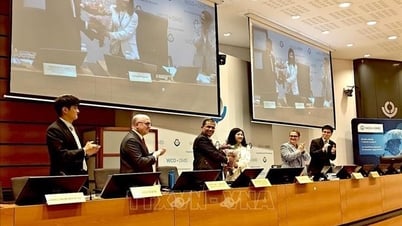






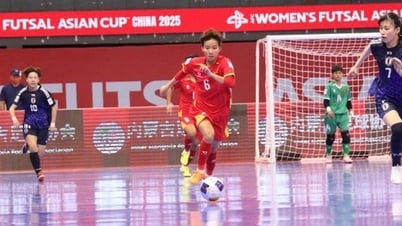
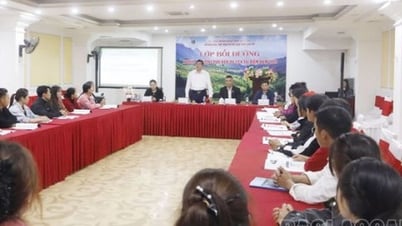





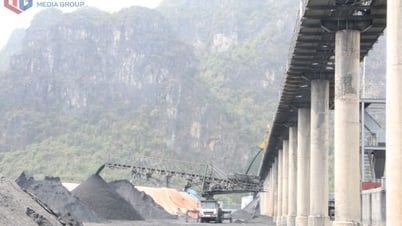

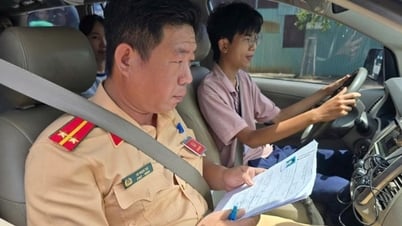

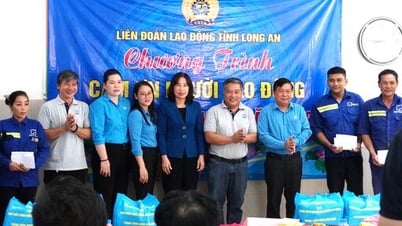










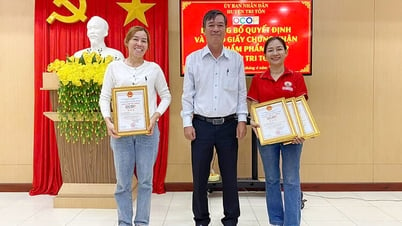



Comment (0)